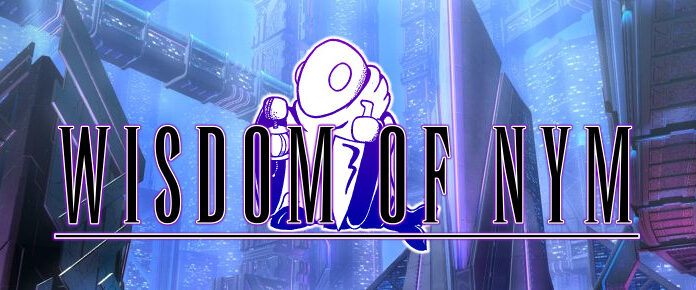
As the character creation screen fades out, a dark vista fades into being. The fledgling adventurer looks around at dim shapes and sinister movements — the underground realm of Yliakum. It is here that first steps will be taken into a wider world and an MMORPG that went a decidedly different direction than the rest of the pack.
Welcome to PlaneShift, a very long-running MMORPG that was probably never on your radar unless you were really broke back in the day or keenly interested in helping tinker with the creation of a virtual world. Yet this underdog project continues to thrive and grow, thanks to a passionate volunteer team that’s taken an open-source project to ever-greater heights.
PlaneShift’s story begins almost three decades ago in 1994, when a game designer and MUD fanatic named Luca Pancallo singlehandedly cobbled together a 2-D prototype of the game. He put this version out in 1996, hoping to find support or an interested publisher, but the game didn’t gain any traction. The 2-D client was put to bed in 1998 as a result.
In 2000, Pancallo gathered together a group of amateur developers from multiple nations with a crazy vision: To make an improved, 3-D version of PlaneShift that would be both crowdsourced and free to the world. This time, the idea took root and the MMO became a reality.
“One thing that we learned is that building a MMORPG with open-source and free resources is nearly impossible, but we [were] visionary or blind enough to work on it anyway!” Pancallo later said.
Pancallo and company formed Atomic Blue, a non-profit dedicated to forging a new MMO called PlaneShift. Even as they were building it, the doors of the company were opened (so to speak) to anyone who wanted to contribute music, programming, quests, art, lore, and features. The entire project was based on Crystal Space, a free graphics engine originally released in 1997.
PlaneShift emerged in the early 2000s as a working tech demo and grew from there to include an expansive game with 12 races, six classes (plus custom-built classes), six schools of magic, a political system, and player housing. And true to the development team’s word, all of it could be accessed and played for completely free — a revolutionary concept in the 2000s era.
Of course, “free” still required upkeep costs, and PlaneShift was supported by sponsors who donated funds for servers and hosting. But this was worth it to Pancallo, who saw subscriptions as a hinderance to the spirit of MMORPGs: “We hope that a free game can relax a lot this aspect and inspire players to act in the game like if they were spending time with their real life friends. In many commercial games there is really a race for levels and money that disrupts role playing.”
As players explored PlaneShift’s underground realm of Yliakum, they’d be challenged to learn as much as they could of this ever-unfolding world and increase their skills in order to access special quests. No matter what class you picked at the start, you were able to train up any skill that interested you.
The team also instituted a roleplaying-enforced server for those who wanted a more immersive experience. A 2010 interview with the project’s engine lead illuminated how this worked: “We have a group of really dedicated Game Masters, who are roleplayers themselves, and who actually dedicate time to enforce the rules we have set as much as possible […] When a new player joins, he is guided by the tutorial on how to properly roleplay and respect the rules, and Game Masters will contact him directly in case is needed.”
Gradually PlaneShift expanded to different platforms, including PC, Mac OS, and Linux. It slowly emerged through the pre-alpha process in the 2000s, racking up over 358,000 registered users by 2007. Development went slow and steady from there, arriving in beta-ish zone by 2010.
You would think that development would have petered out over the years, but the opposite is the case. The game received several updates in 2022, with the developers showing up on a regular basis to answer questions from the community.
Probably the biggest improvement to PlaneShift came with the release of an Unreal Engine version of the game, which is currently going through alpha iterations. However, a legacy edition continues to run if you have a hankering for old school looks.
And yes, PlaneShift continues to be free to this day in every sense of the word: “You will have no surprises of premium content which will limit your gameplay or unbalance the game. There are no limitations in skills, ranks, abilities, items you can gain with your free account. There are no time limits or additional constraints. Donations are gladly accepted. Servers and bandwidth are provided by sponsors.”
 Believe it or not, MMOs did exist prior to 2004! Every two weeks, The Game Archaeologist looks back at classic online games and their history to learn a thing or two about where the industry came from… and where it might be heading.
Believe it or not, MMOs did exist prior to 2004! Every two weeks, The Game Archaeologist looks back at classic online games and their history to learn a thing or two about where the industry came from… and where it might be heading.
















